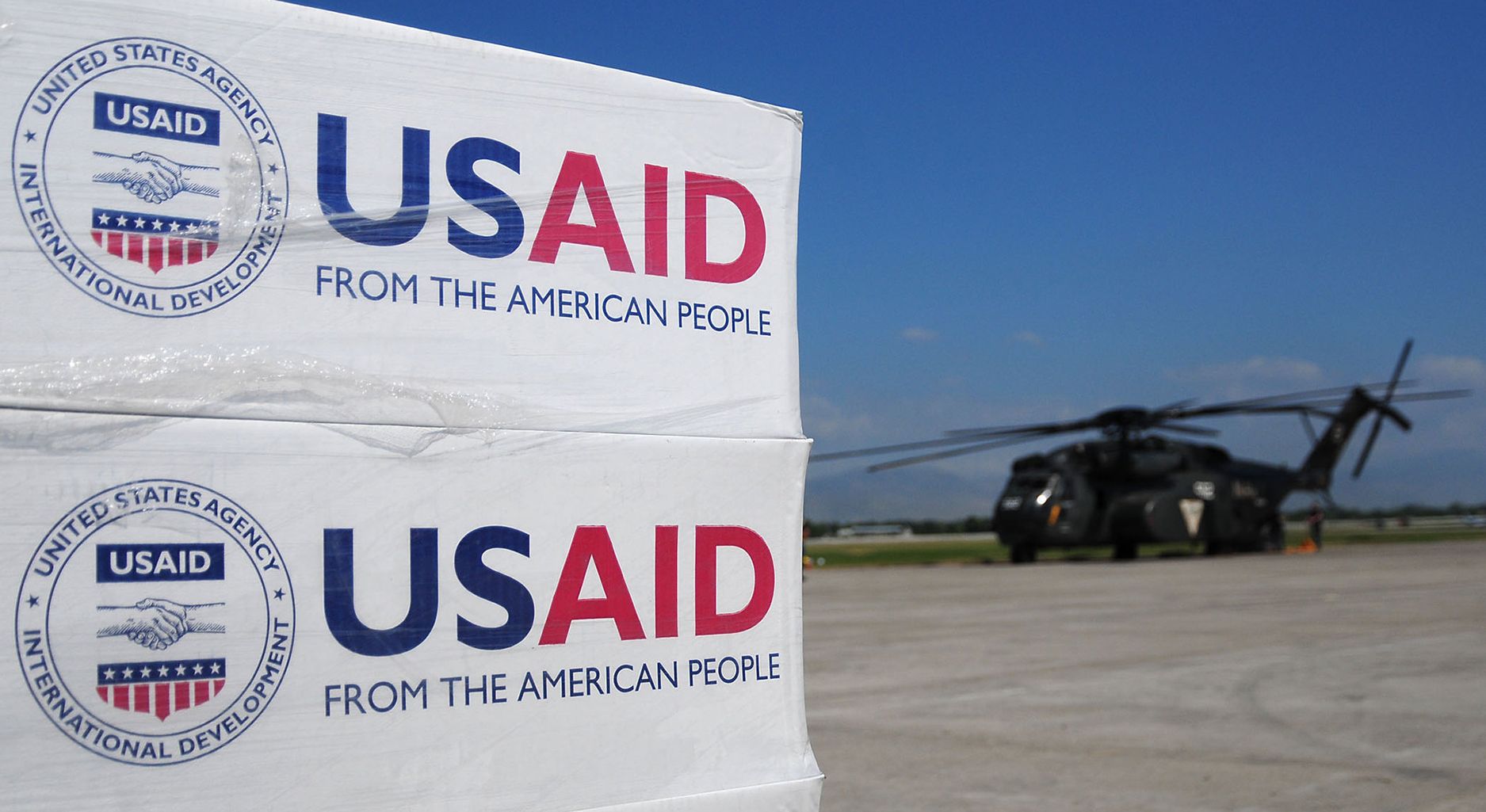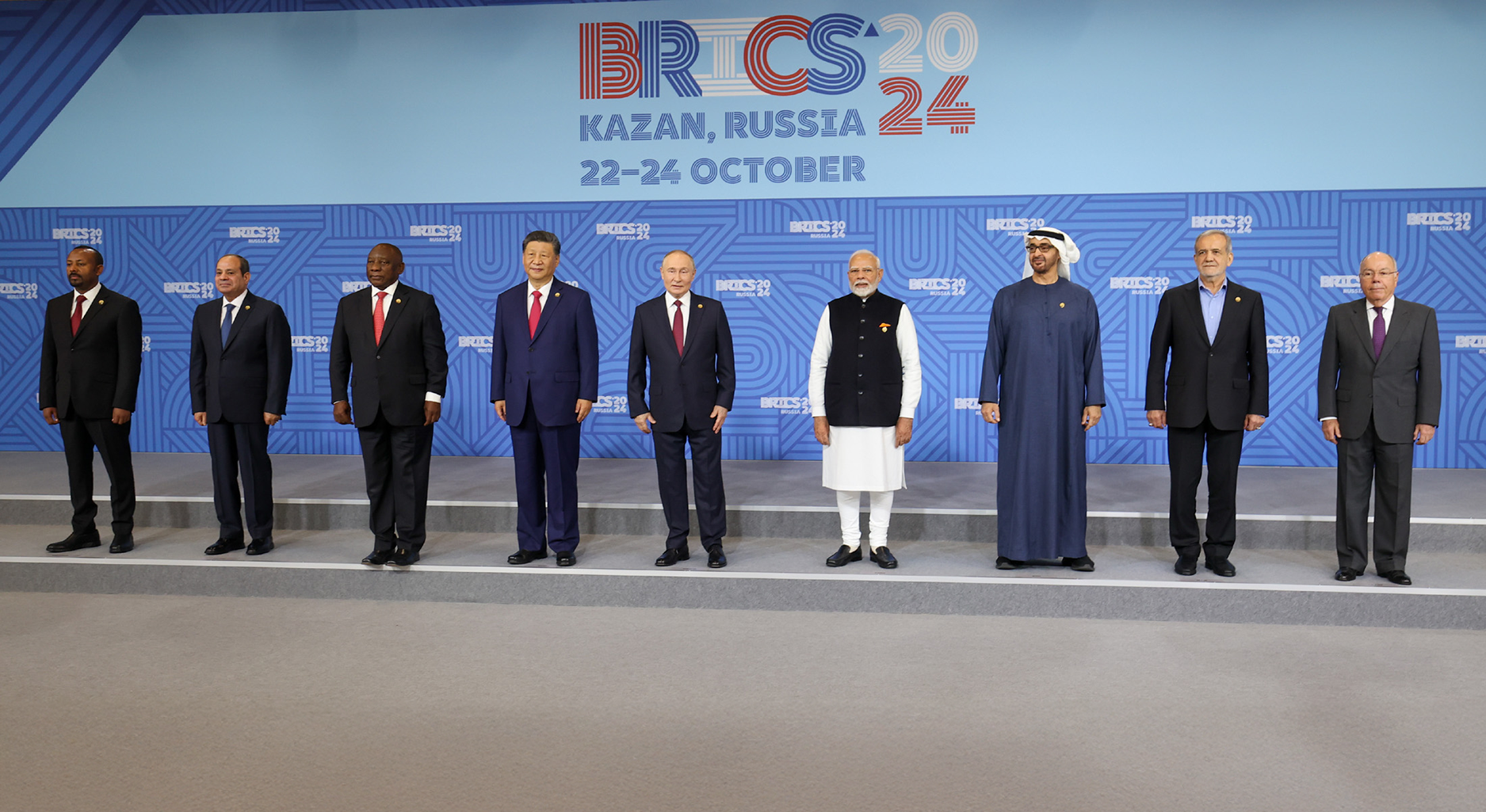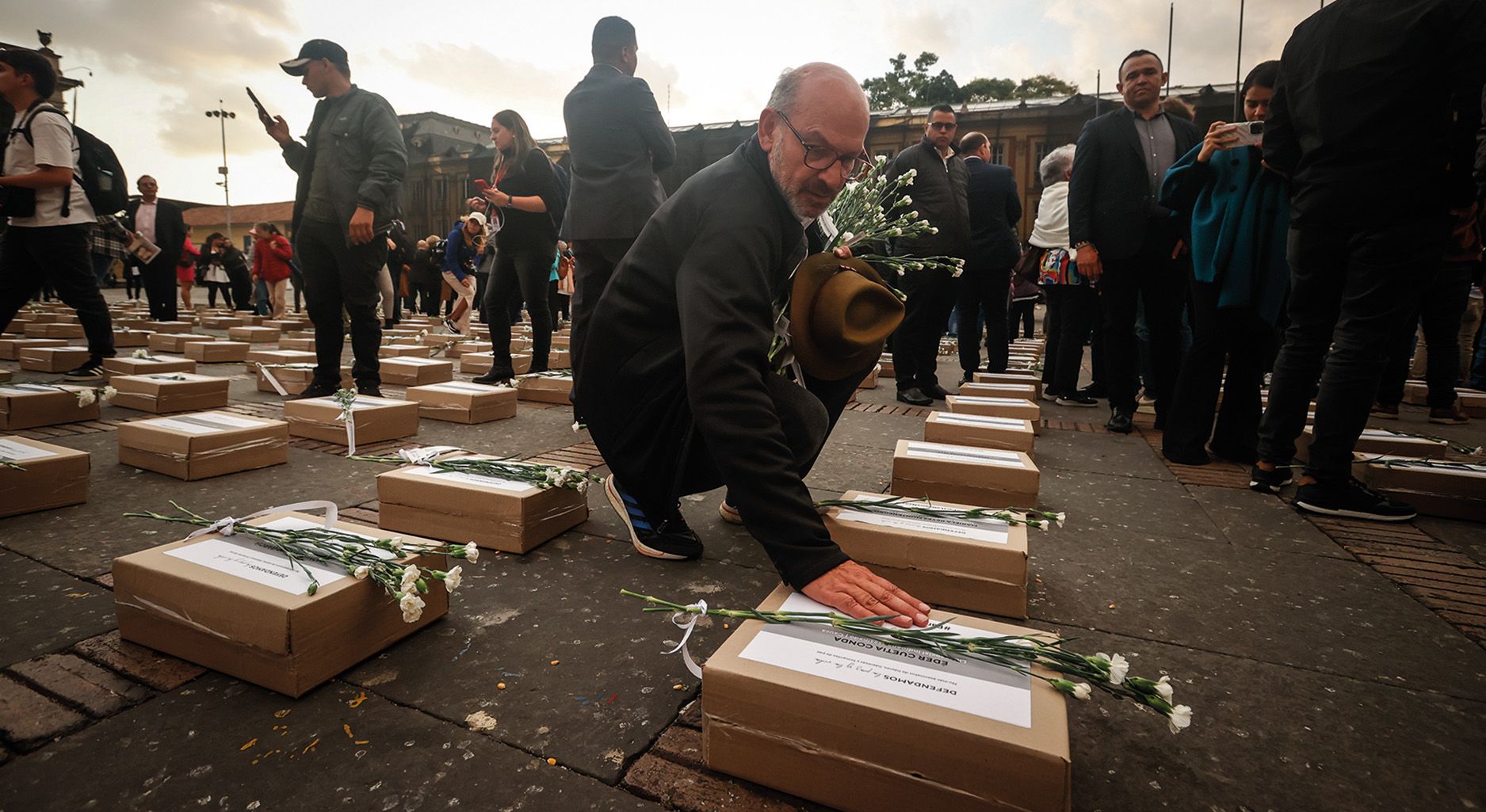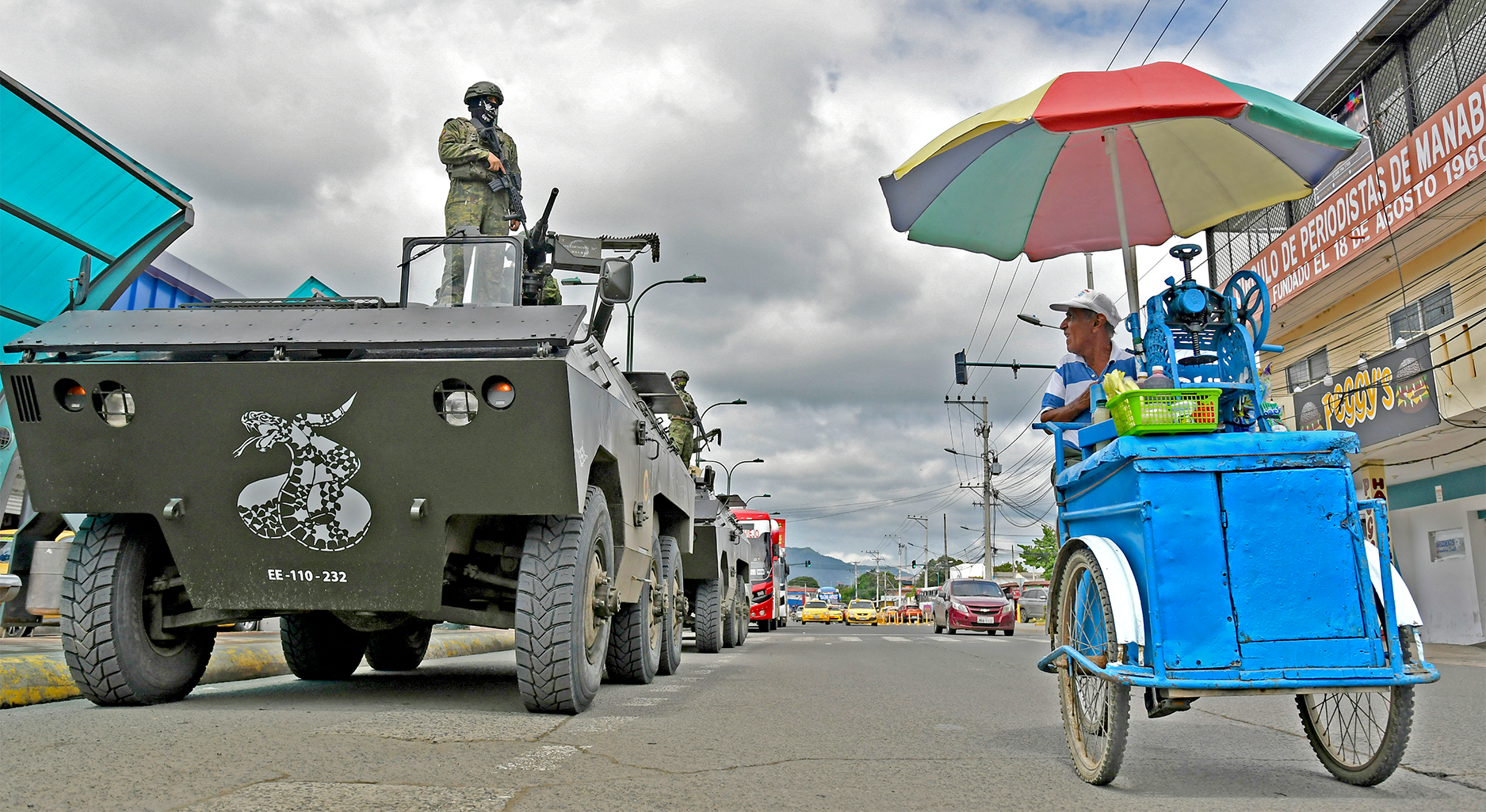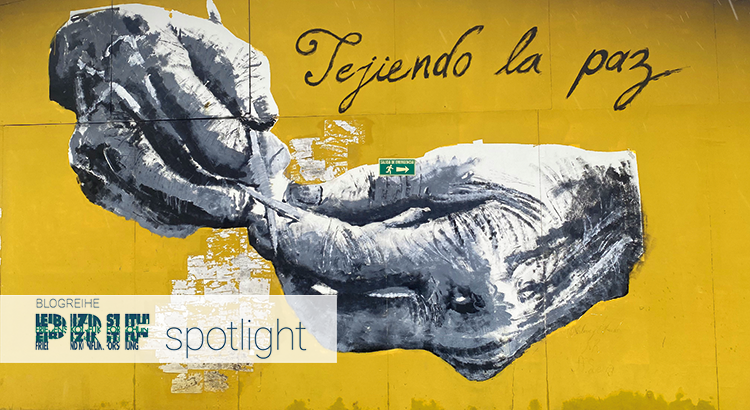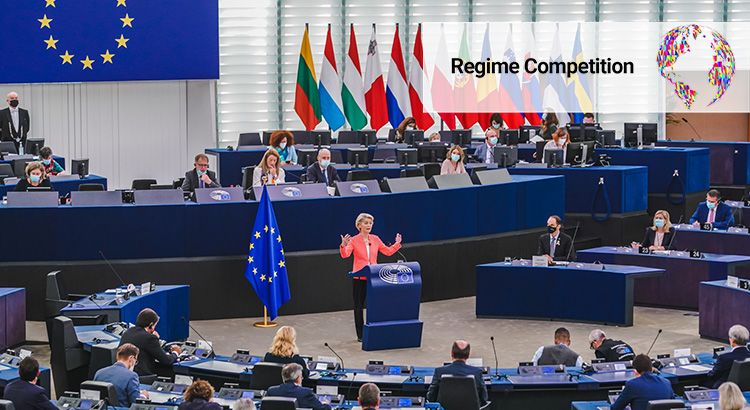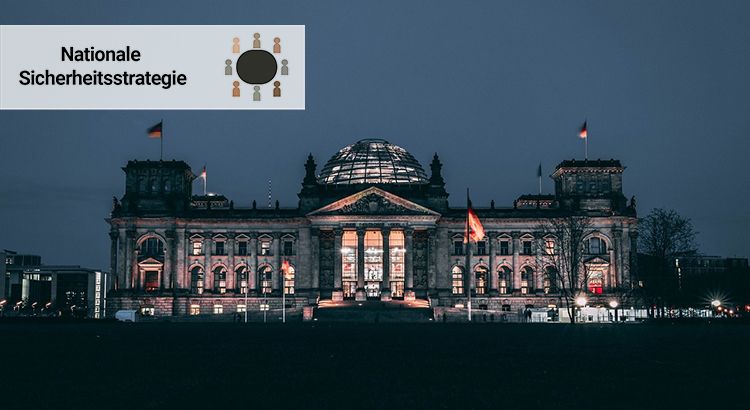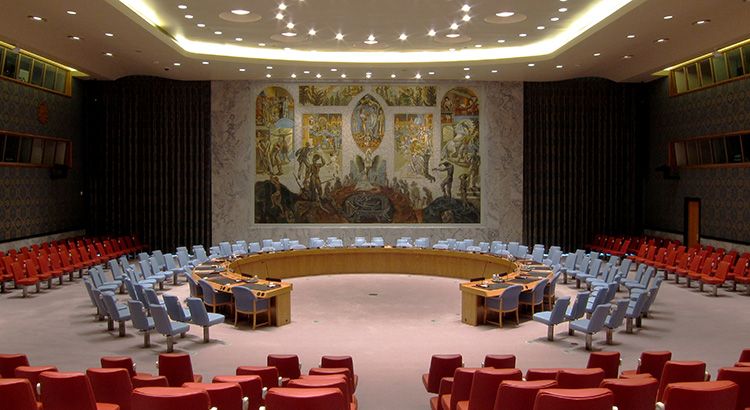Author: Jonas Wolff
Prof. Dr. Jonas Wolff ist Vorstandsmitglied und Leiter des Programmbereichs „Innerstaatliche Konflikte“ am PRIF und Professor für Politikwissenschaft an der Goethe-Universität Frankfurt. Seine Forschungsschwerpunkte sind Demokratie und politischer Wandel, soziale Proteste und Konfliktdynamiken sowie außen- und entwicklungspolitische Fragen. Sein regionaler Schwerpunkt ist Lateinamerika. // Prof. Dr Jonas Wolff is Member of the Executive Board and Head of the Research Department “Intrastate Conflict” at PRIF and professor of political science at the Goethe-University Frankfurt. His research focuses on democracy and political change, social protests and conflict dynamics, and foreign and development policy issues. His regional focus is Latin America.
Im Januar 2025 führten gewaltsame Zusammenstöße zwischen konkurrierenden bewaffneten Gruppen in...
USAID Facing its End? Likely Consequences for International Democracy Promotion
The US government under President Donald Trump has announced a comprehensive shakeup of the US...
Die Weltordnung und der Systemwettbewerb: Zur außenpolitischen Positionierung der Parteien im Bundestagswahlkampf
Der russische Angriffskrieg auf die Ukraine und die seither ausgerufene „Zeitenwende“ haben die...
Tödliche Gewalt gegen friedlichen Aktivismus. Was wissen wir über die Ermordung von Menschen, die sich für Menschenrechte, Land- und Umweltschutz engagieren?
Im Jahr 2023 wurden laut Global Witness weltweit mindestens 196 Land- und Umweltaktivist*innen...
Von der Insel des Friedens zum Kriegszustand: Hintergründe der Gewalteskalation in Ecuador
Ecuador hat in den vergangenen Jahren eine beispiellose Eskalation krimineller Gewalt erlebt. Im...
Reintegration durch lokale Interaktion: Der kolumbianische Friedensprozess aus Sicht ländlicher Gemeinschaften
Ein zentrales Element des kolumbianischen Friedensprozesses mit der FARC-Guerilla bildet die...
Debating Foreign Interference in a Multipolar World: Is the EU Becoming Illiberal?
The ways in which foreign interference by China, Russia and others are currently discussed in...
Nicht darüber reden ist auch keine Lösung: Die Rolle von Autokratie und Demokratie in der Nationalen Sicherheitsstrategie
Mit dem Beginn des russischen Angriffskriegs auf die Ukraine wurde das Narrativ eines globalen...
Inklusion statt Systemkonkurrenz
Im UN-Kontext wäre es kontraproduktiv, einen globalen Konflikt zwischen Demokratien und...
Responding to Foreign Interference in the EU: Beware of Unintended Consequences
The EU’s emerging response to foreign interference, as it is currently debated in the EU...

